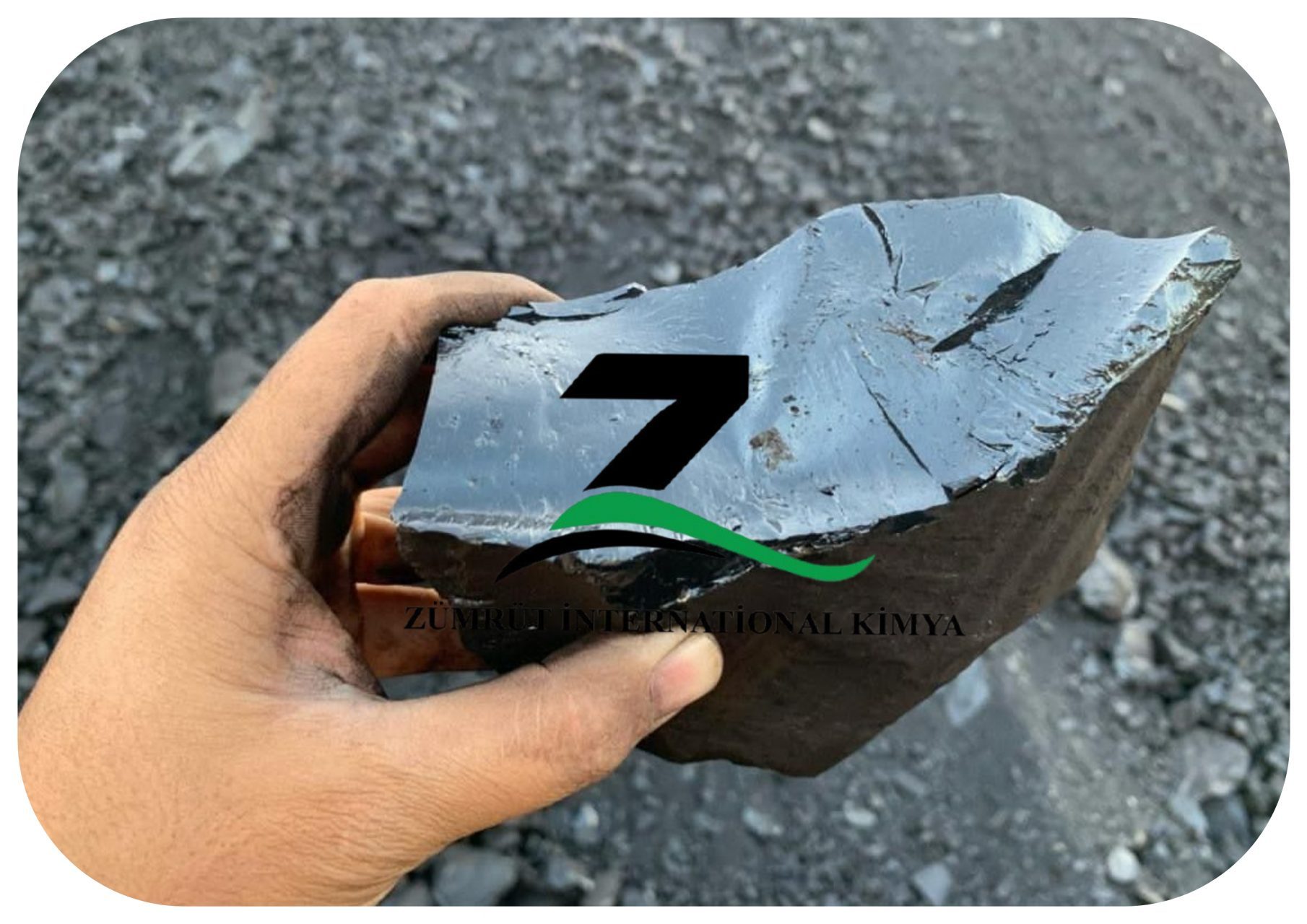
Gilsonite using in the industry
Gilsonite In Industry Using as Asphalt, Foundry, Inks, Paints, and Stains, Gilsonite is a superior additive for a wide range of industrial applications. It is highly cost-effective, safe and natural, and available for immediate delivery.
Gilsonite in Ink and Paints
Natural Bitumen or Gilsonite has been used for a long time in the paint industry. This material is used in paints with a bitumen base. The high nitrogen content of Gilsonite increases the adhesiveness and stability of the Gilsonite against ultraviolet light. This product is mainly used in coating the exterior surface as also creating resistance against acids, it is used as the coating for car chassis and coating of metal structures.
Gilsonite and Gilsonite resin, derived by solvent extraction of raw Gilsonite, arc used as carbon black wetting agents for black news ink and heat set and gravure ink. Gilsonite ink powder is compatible with drying oils, vegetable oils, resins, hydrocarbon resins, elastomers, asphalts, and waxes for specialty applications.
Gilsonite In Foundry
Foundry sands, which are composed mainly of silica sand with clays and carbonaceous materials mixed and pulled together when compacted to form molds, resist penetration by molten metal and the tendency of the molding sand to fuse or stick to the casting. One of the problems associated with the known blend carbonaceous additives discussed above, particularly believed due to sea coal, is the smoke and other emissions that can be environmentally hazardous. These gasses are released when the materials are heated in an oxygen-free atmosphere.
Gilsonite in Chemical
Gilsonite in chemical combines with many other chemicals and materials that take advantage of its unique physical and chemical properties. Binder and coating applications in metallurgical, wood products, refractory, and other industries further demonstrate the versatility and usefulness of this remarkable material. This material is a non-toxic, non-carcinogenic, and cost-effective replacement for natural rubber.
Gilsonite in Asphalt
The mixture of Gilsonite (Natural bitumen) into road asphalt relates to a base stock composition comprising a blend of natural bitumen and a rubber latex residue. The base stock may be used alone as a paving material or emulsified to form a natural bitumen emulsion having a variety of uses. The mixture of natural bitumen enforces asphalt against rutting and the thickness of the asphalt with becoming thin. Asphalts modified by Gilsonite have higher stability, lower shape changes, stability against low temperatures, and higher resistance against water compared to asphalts void of Gilsonite.
Gilsonite in Construction
Gilsonite has been the subject of exhaustive study to improve characteristics for use in paving. Various properties of asphalt are manipulated to produce a product that has the appropriate wear properties, rut resistance, fatigue and low temperature cracking resistance, adhesion strength, viscosity and pour point. Rut resistance is resistance to longitudinal surface depressions in the wheel paths. Adhesion strength is the maximum adhesion strength of the joint sealant and the joint reservoir, including but not limited to, between the.
Gilsonite in isolation
Gilsonite in isolation is most used to production of isogamy.
By mixing Gilsonite, calcium carbonate, and bitumen with stretch enhancer oil, it is produced by isogamy that creates composite and increases the thermal resistance of the rubble and creates a stable and homogeneous coating.
Packing of Gilsonite in industry
Gilsonite 200 mesh packed in 500~1000 kg jumbo bag
Gilsonite 300 mesh packed in 500~1000 kg jumbo bag
Gilsonite 30-40 mesh packed in 500~1000 kg jumbo bag
Gilsonite 100 mesh packed in 500~1000 kg jumbo bag
Gilsonite 300 mesh packed in 25 kg pp bag
Gilsonite 200 mesh packed 25 kg multi-paper bag
Gilsonite 200 mesh packed 50 lbs multi-paper bag
Gilsonite 30-40 mesh packed pp bag on pallet

